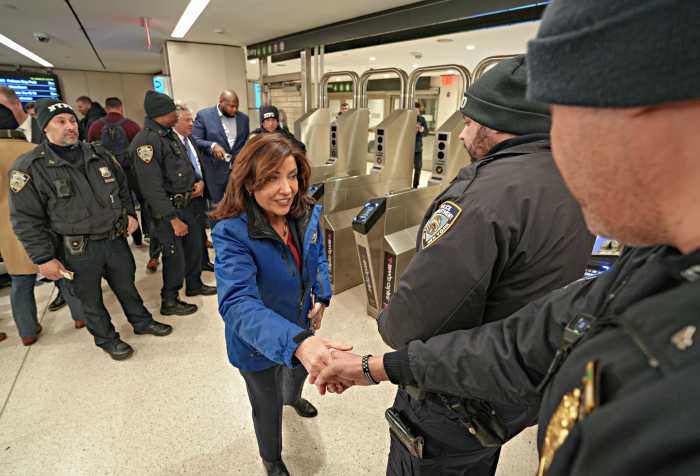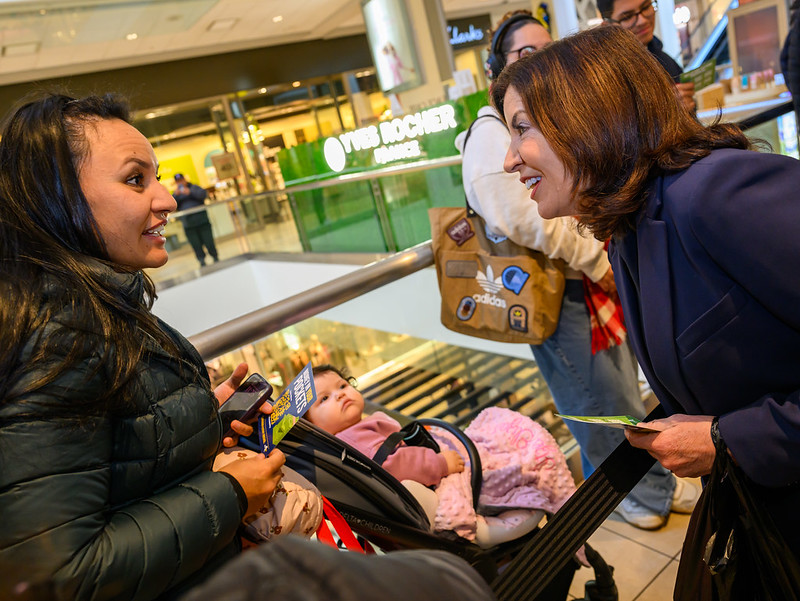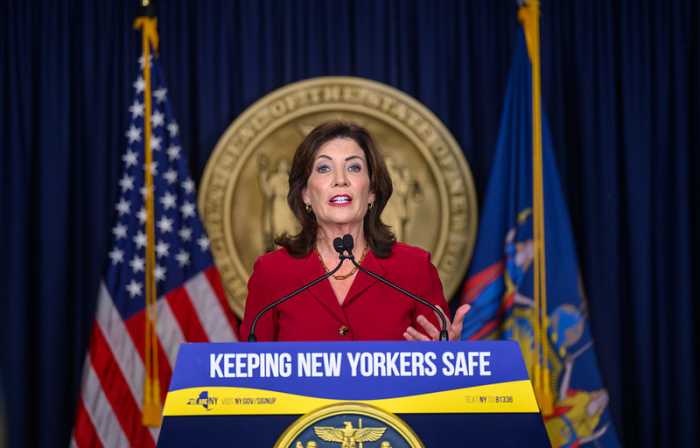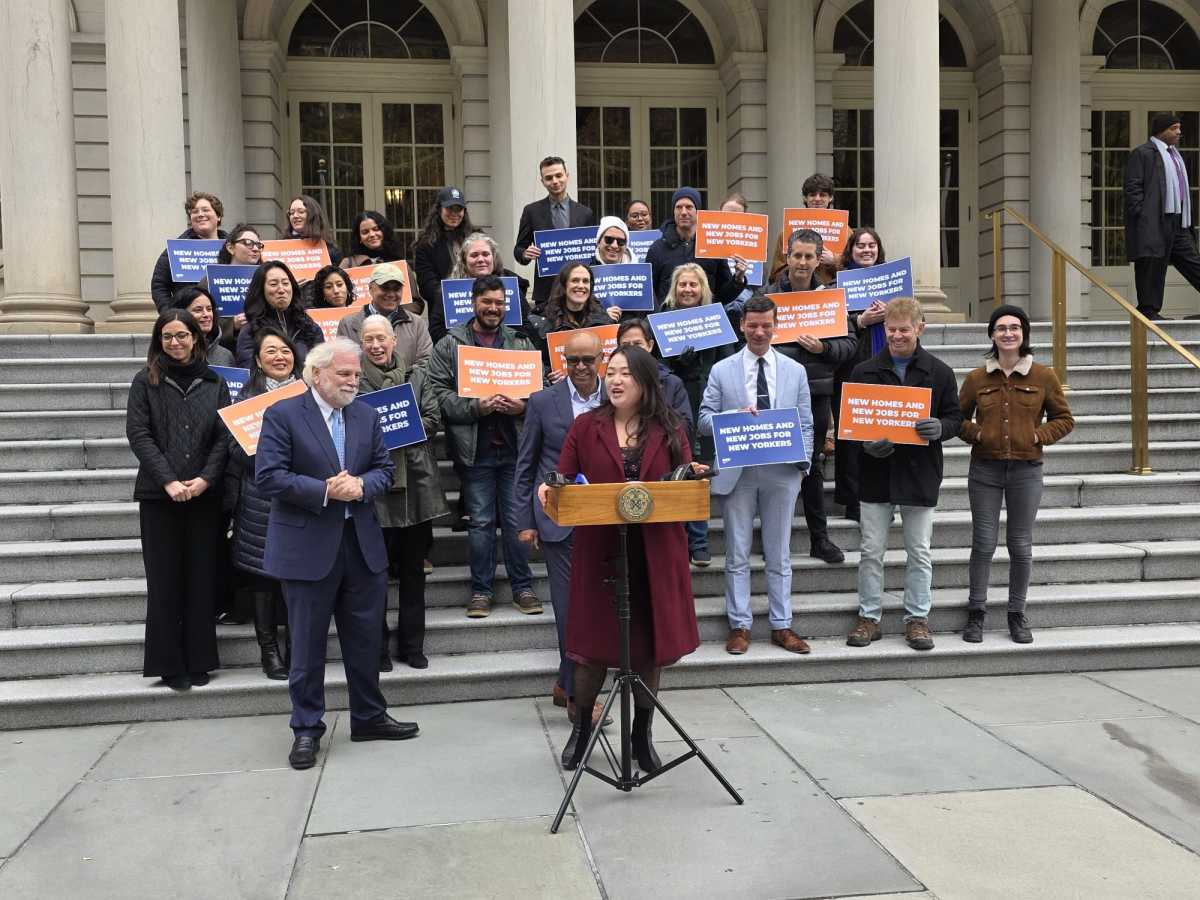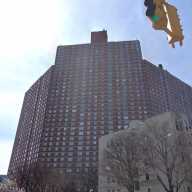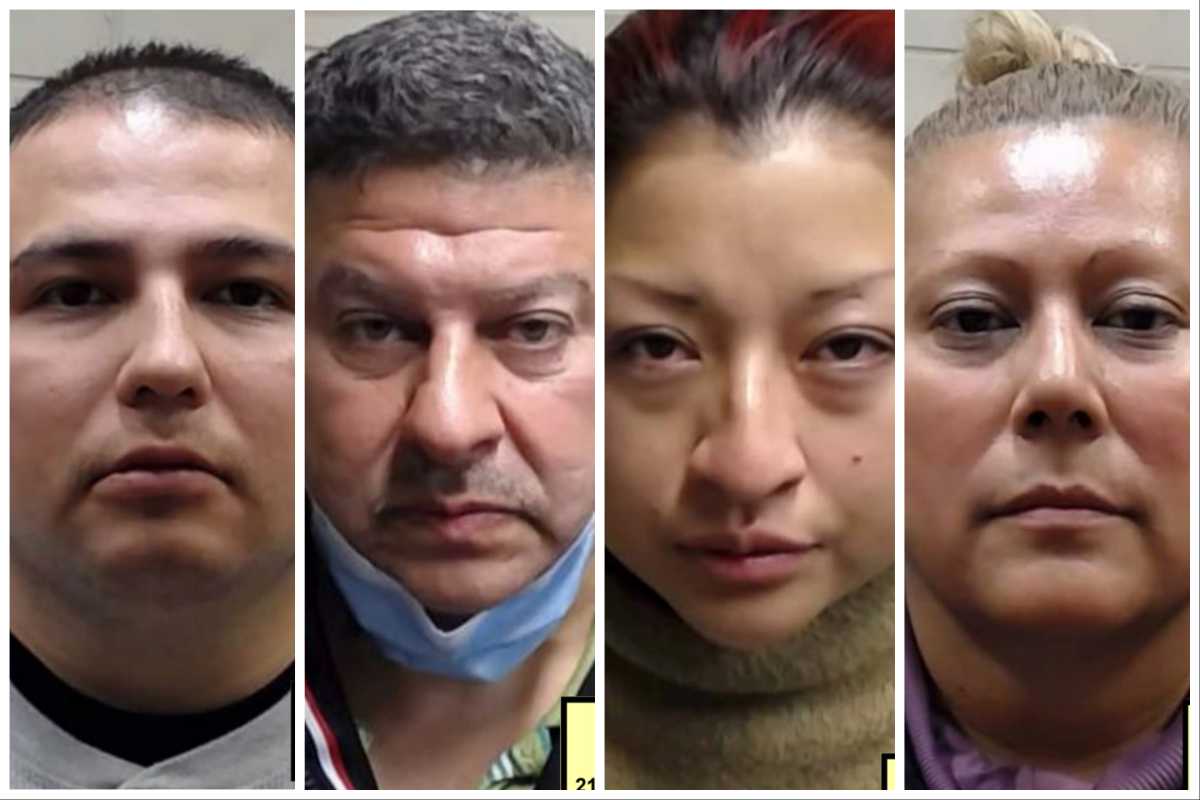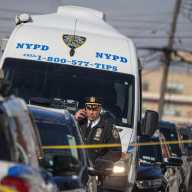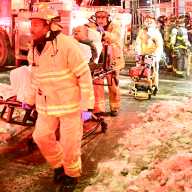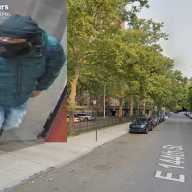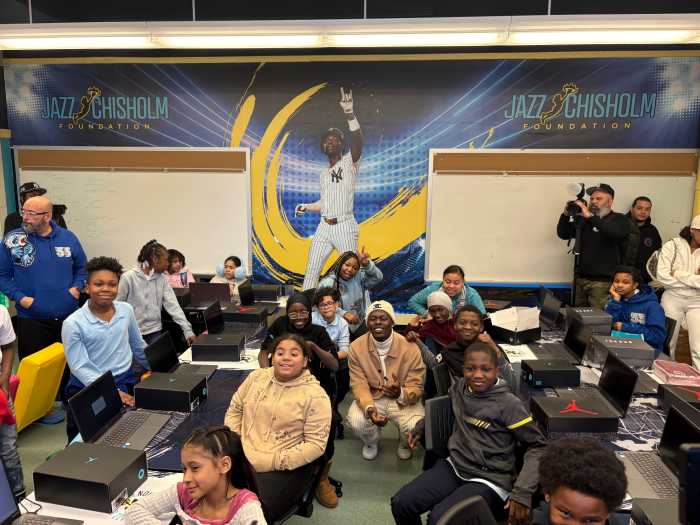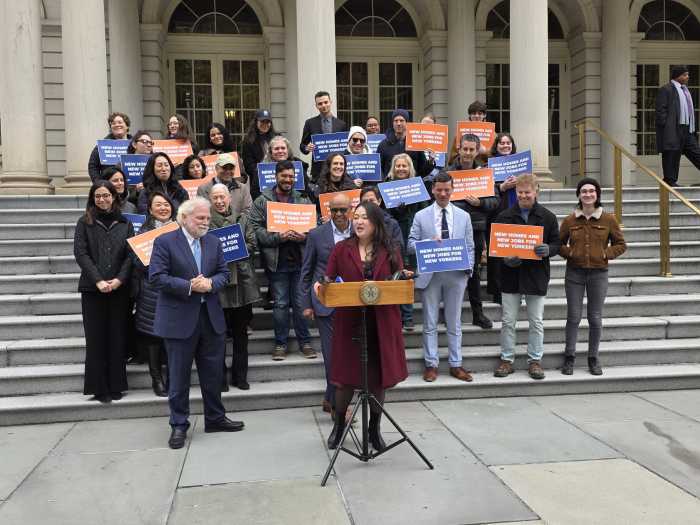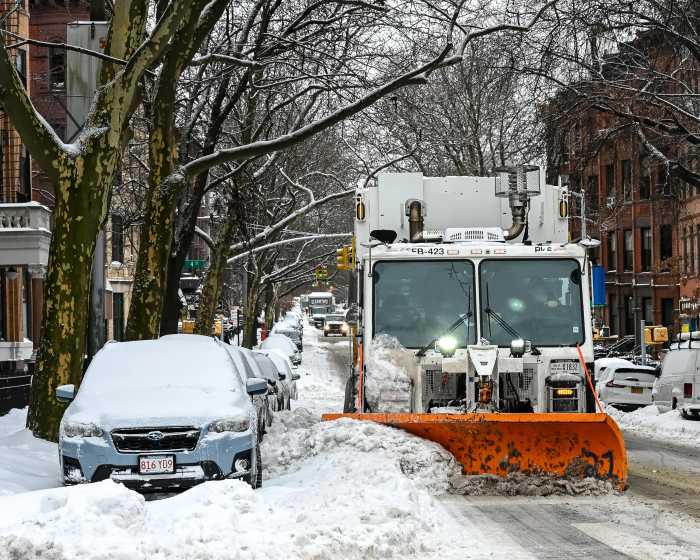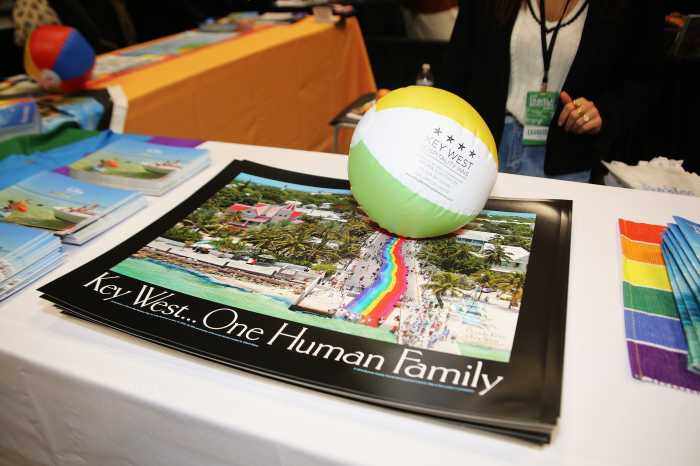Gov. Kathy Hochul’s surprise announcement Wednesday that she is indefinitely delaying the scheduled start of congestion pricing quickly drew a slew of reactions from elected officials, civic organizations and everyday New Yorkers — with some praising the 11th-hour backpedal and others bashing it.
Mayor Eric Adams, who has long insisted he supports congestion pricing if “we get it right,” stood behind the governor’s decision when asked about it at an unrelated Wednesday news conference.
“I think that if she’s looking at analyzing what other ways we can do it and how we do it correctly, I’m all for it,” Adams told reporters. “We have to get it right. This is a major shift in our city and it must be done correctly.”
Those who vehemently oppose congestion pricing celebrated Hochul’s reversal outright.
US Rep. Nicole Malliotakis (R-Staten Island/Brooklyn), who is a party in one of the lawsuits trying to halt the plan filed by the United Federation of Teachers, posted a video on social media where she called the decision “fantastic news.”
“It is a victory for all New Yorkers, particularly those who have to commute using their cars to get to work,” Malliotakis said. “The nurses, the doctors, the police officers, the restaurant workers, people who work odd hours and they don’t feel comfortable taking public transportation in the middle of the night or they don’t have access.”
Malliotakis contended Hochul’s reversal was spurred by the lawsuit she is party to, along with “political pressure” from New Yorkers who did not want to see congestion pricing implemented. She also warned that if Democrats retake the House in November, Hochul would immediately resurrect congestion pricing.
As for straphangers, Maria, a 58-year-old Queens resident, told amNewYork Metro that the MTA should be getting more money from cracking down on fare evasion, rather than congestion pricing.
“I think congestion pricing is a terrible burden on New Yorkers and the MTA needs to get its money from all the thieves that are sneaking on the trains in droves,” she said. “It’s a responsibility of theirs [the MTA] and the police together and we pay enough taxes to get it done.”
Brooklyn resident Anastasia said she thinks congestion pricing would benefit the city.
“I feel that growing up in the city, the MTA has always felt extremely connected to all of the city. I think it [the MTA] would benefit from more money,” she said. “It’s a very crucial part of the city and always has been. It’s a very expensive city to live in and I think that’s tough, but in general, we should be switching more towards public transportation. I think it’s good if the streets are clearer and if the MTA received more funding.”
‘Dire questions’
Meanwhile, more progressive elected officials in the city blasted the governor’s decision.
Public Advocate Jumaane Williams, in a statement, said further delaying congestion pricing will only prolong existing issues with the city’s public transit infrastructure and lead to more traffic jamming up city streets. He also questioned the governor’s explanation for halting congestion pricing at this time.
“The city’s economic recovery from the pandemic didn’t suddenly become an issue three weeks before the implementation of a law over a decade in the making,” Williams said. “To review the policy after it takes effect is understandable. To delay this program at the last moment, after investing millions to prepare for it, is irresponsible and inexcusable.”
Manhattan Borough President Mark Levine, whose borough is more directly impacted by congestion pricing than any other in the city, said that the governor’s decision “leaves us with dire questions about how we will address” local congestion, environmental woes and transit repairs.
“We have paralyzing levels of traffic in midtown and downtown. This is slowing emergency response times, harming the climate, and serving as an enormous drag on our economy,” Levine said. “Meanwhile, our public transit system faces desperate capital needs for station renovations, accessibility improvements, signaling upgrades, the extension of the Second Ave Subway, and more.”
Advocacy and civic groups including Open Plans, the Citizens Budget Commission and the 5Boro Institute also slammed Hochul’s delay.
The governor officially revealed that she is hitting the brakes on the program, which would charge drivers heading into Manhattan below 60th Street a $15 toll, just three weeks ahead of its planned June 30 start date during a pre-taped Wednesday morning address.
The tolling program is designed to ease traffic in heavily congested Lower Manhattan and encourage more New Yorkers to use public transit, while also raising desperately needed capital dollars for the beleaguered Metropolitan Transportation Authority.
In the speech, which followed late Tuesday news reports of the coming move, Hochul said she is putting the plan on hold out of concern for New Yorkers’ pocketbooks.
“After careful consideration, I have come to the difficult decision that implementing the planned congestion pricing system risks too many unintended consequences for New Yorkers at this time,” Hochul said.
However, multiple published reports indicated that Hochul’s true, unspoken reason for pausing congestion pricing was out of concern for the upcoming November election. Politico New York reported that House Democratic Leader Hakeem Jeffries (Brooklyn) urged Hochul to halt the program out of fear that it could hurt Democrats trying to take back House seats in the city’s suburbs, many of which flipped red in 2022.
Hochul, in her address, denied that her decision was motivated by politics.
With reporting from Ben Brachfeld.
Read More: https://www.amny.com/politics/



